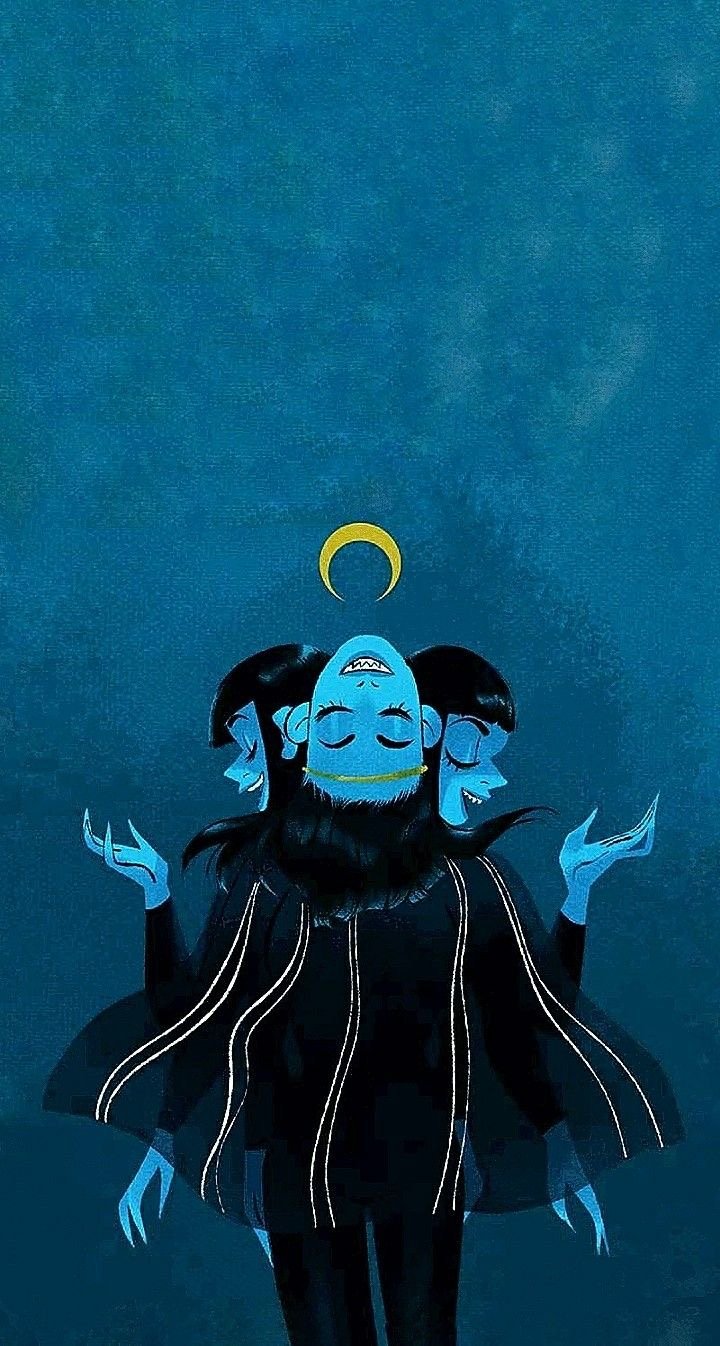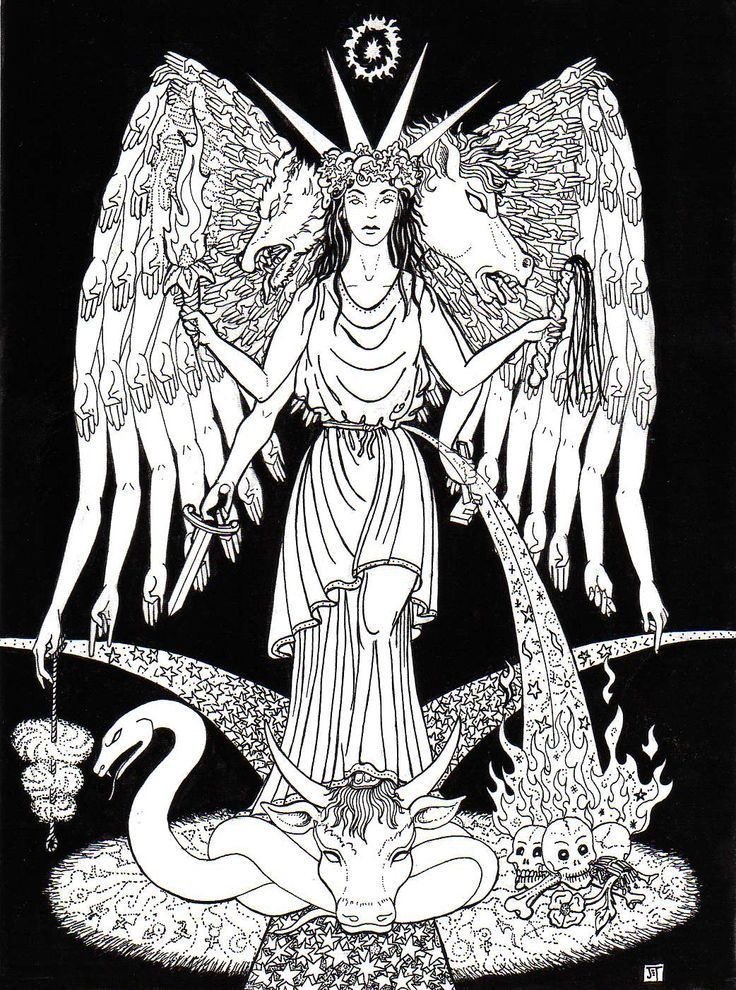
The final approach I examine regards the gendering of malevolent magic as the result of a purely intellectual process: binary thinking. Simone de Beauvoir first articulated the idea that women represent the primal Other in her groundbreaking book, The Second Sex: -woman- is defined and differentiated with reference to man and not he with reference to her; she is the incidental, the inessential as opposed to the essential. In order to understand why societies traditionally relegate women to this state of alterity, de Beauvoir begins with an analysis of human and animal biology to determine what, from a strictly scientific point of view, differentiates male members of the human species from female members.

She discovers that the human female devotes more of her biological resources to reproduction— what de Beauvoir calls being “enslaved to the species”—than other mammals, whose physiology is encumbered with the processes of ovulation, conception, parturition, and lactation less time out of every year than human women.The demands of these processes on the human female distract her from outward pursuits that express the human spirit and will toward transcendence, binding her to a limited world of immanent concerns.Thus, men have the leisure and physical resources to develop tools, which allow them to conquer nature and each other, creating slaves to till the subdued land.Women’s bodies become another object to be subdued and harnessed for their reproductive capacities as men’s desire for offspring increases with the development of private property that can be passed to heirs.De Beauvoir locates the origin of women’s Otherness not in biology alone, but rather in the effects that those biological limitations have on women’s ability to shape their world and express mastery over it.

Having discerned the origins of women’s social inferiority and subjugation, she turns to mythology for an understanding of the semiotic value of women’s Otherness. She notes that from the moment the idea of the Other emerges in the process of man’s assertion of Self as subject and free being, the Other poses a threat, a danger. Greek philosophy identifies Otherness, alterity, as negation, and therefore Evil.This is the reason, de Beauvoir argues, that laws treat women with such hostility; by keeping women down they control the chaotic forces of nature that are identified with evil: “The Othershe is passivity confronting activity, diversity that destroys unity, matter as opposed to form, disorder against order. Woman is thus dedicated to Evil.”
In a similar line of thinking, Stuart Clark argues that demonologists did not primarily seek to persecute witches; they concentrated on other intellectual and scientific disputes of their day bearing on such questions as the workings of nature, processes of history, maintenance of religious purity, and what constitutes legitimate political authority. Regarding them as primarily misogynists bent on persecuting women misses the point of their endeavor; demonologists drew on commonly held attitudes toward women in their day to think about larger scientific and theo- logical problems. He consequently criticizes attempts to explain the gendering of witch-hunts in terms of women’s marginality, pointing out that such explanations do not clarify why witchcraft should be the accusation chosen to persecute women when any other crime would do.Clark reverses the question to ask what it was about witchcraft that made it most commonly associated with women. Credit - Women and Magic in the Ancient World
KIMBERLY B. STRATTON with DAYNA S. KALLERES